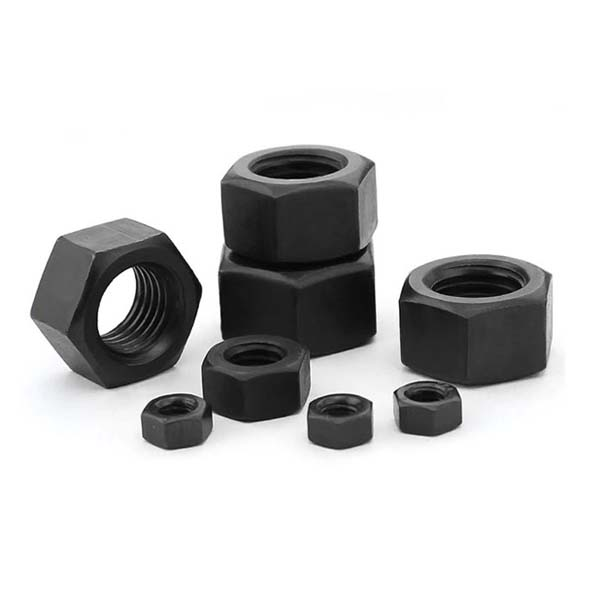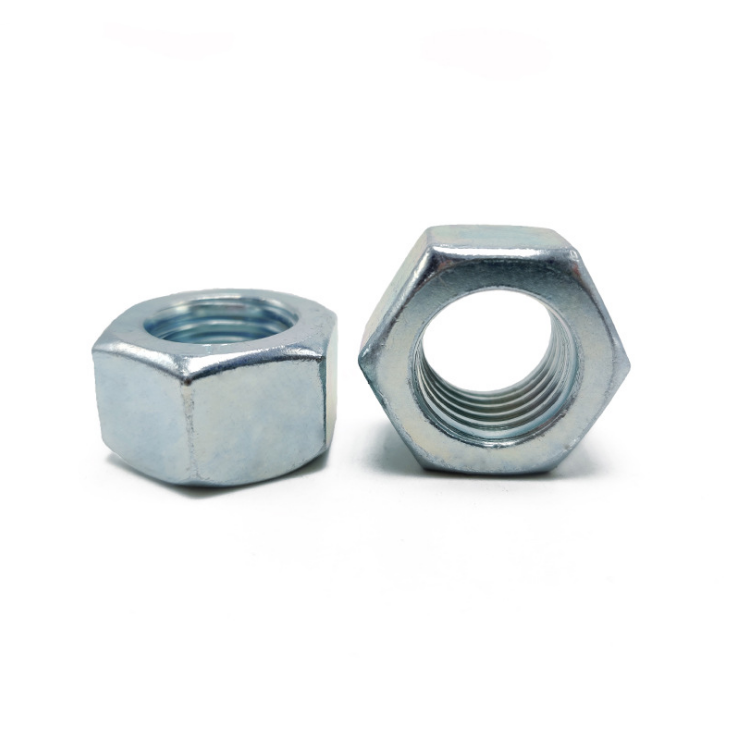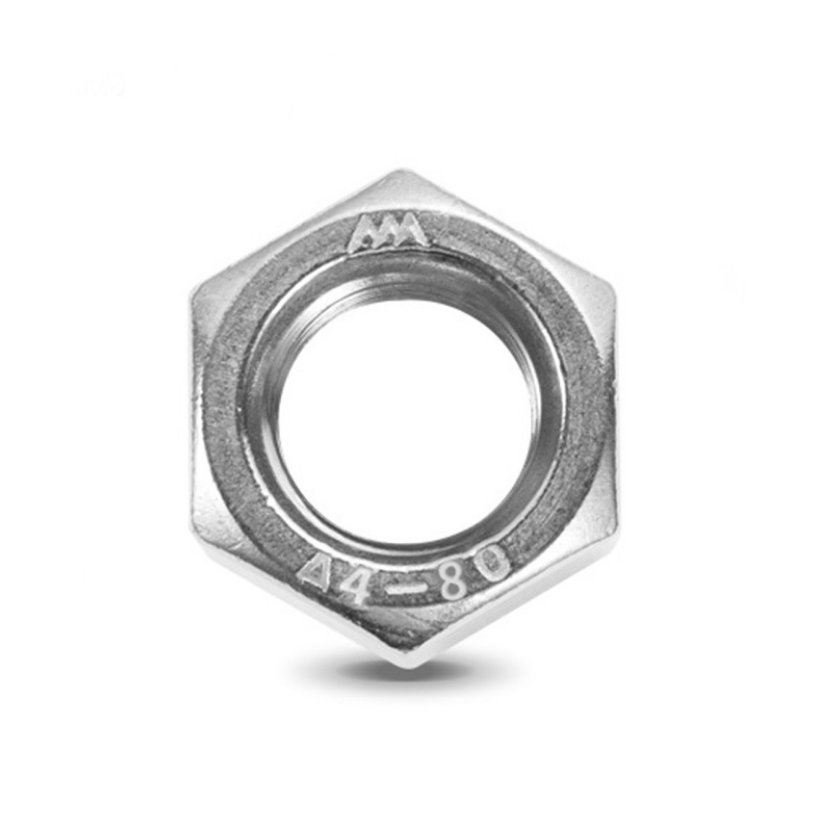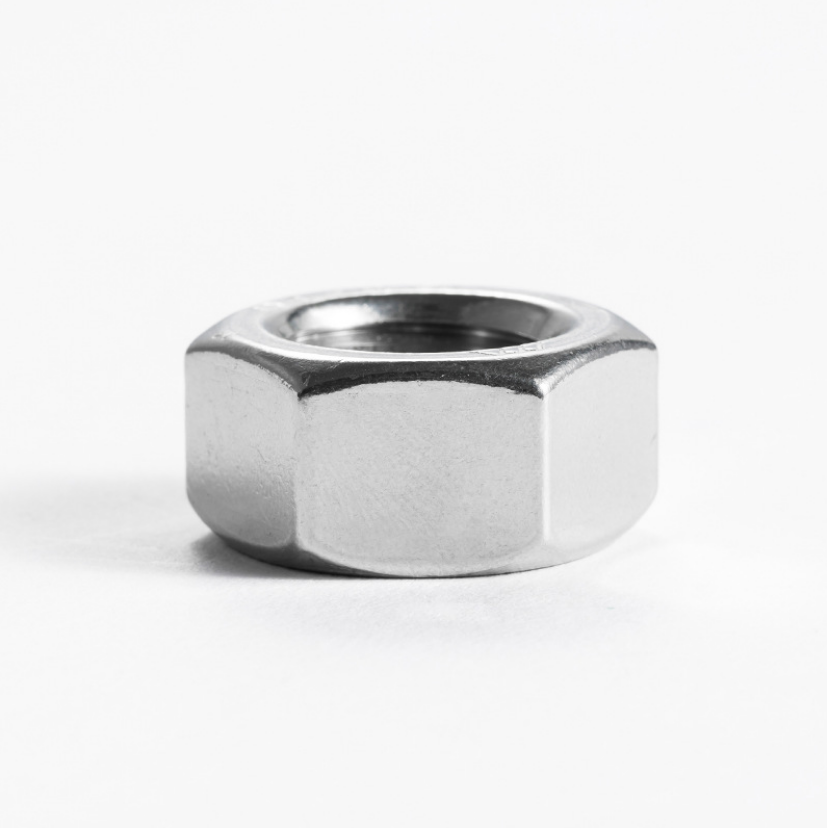DIN934 Hexagon Bolt Carbon steel Stainless Steel SS304 316 Hex Nuts
DIN934 Hexagon Bolt Carbon steel Stainless Steel SS304 316 Hex Nuts
| Standard | GB, DIN, ISO, JIS |
| Size | M3-M100; 1/4-4″ or non-standard |
| Material | Carbon steel, stainless steel, brass , alloys steel etc. |
| Finish | Plain, Zinc Plated(Clear/Blue/Yellow/Black), Black oxide, Nickel, Chrome, H.D.G. |
| Hex head bolt and nut Grade | 4.8,6.8,8.8,10.9,12.9,ASTM A194 2, 2H, 4, 7, 7M,8, 8M; A563 Gr. A, C, DH ,DH3 |
| Packing | Box, carton or plastic bags, then put on pallets, or according to the demand of the customers |
Surface treatment:
BLACK
☆ Black is a common method for metal heat treatment. The principle is to make an oxide film on the metal surface to isolate the air and achieve rust prevention. Blackening is a common method for metal heat treatment. The principle is to make an oxide film on the metal surface to isolate the air and achieve rust prevention

ZINC
☆ Electro-galvanizing is a traditional metal coating treatment technology that provides basic corrosion resistance to metal surfaces. The main advantages are good solderability and suitable contact resistance. Due to its good lubrication properties, cadmium plating is commonly used in aviation, aerospace, marine, and radio and electronic products. The plating layer protects the steel substrate from both mechanical and chemical protection, so its corrosion resistance is much better than zinc plating.
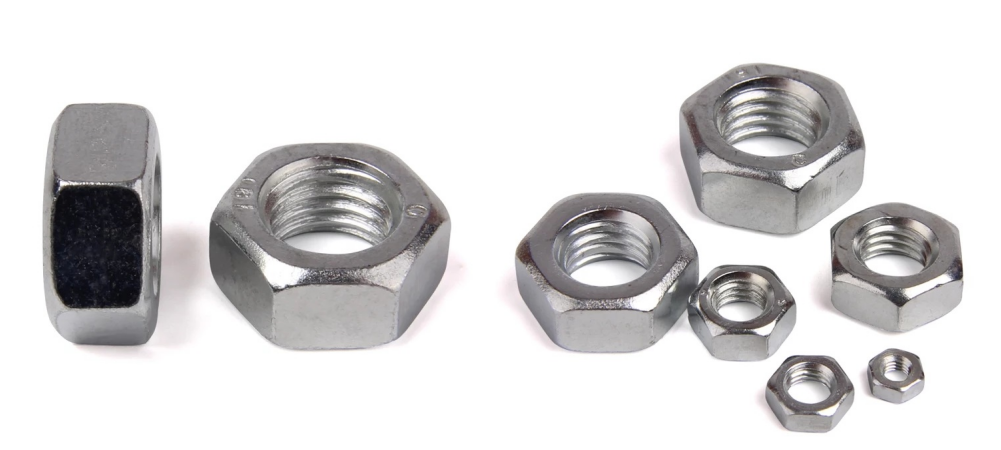
HDG
☆ The main advantages are good solderability and suitable contact resistance. Due to its good lubrication properties, cadmium plating is commonly used in aviation, aerospace, marine, and radio and electronic products. The plating layer protects the steel substrate from both mechanical and chemical protection, so its corrosion resistance is much better than zinc plating. Hot-dip zinc has good corrosion resistance, sacrificial protection for steel substrates, high weather resistance, and resistance to salt water erosion. It is suitable for chemical plants, refineries and coastal and offshore operating platforms.




